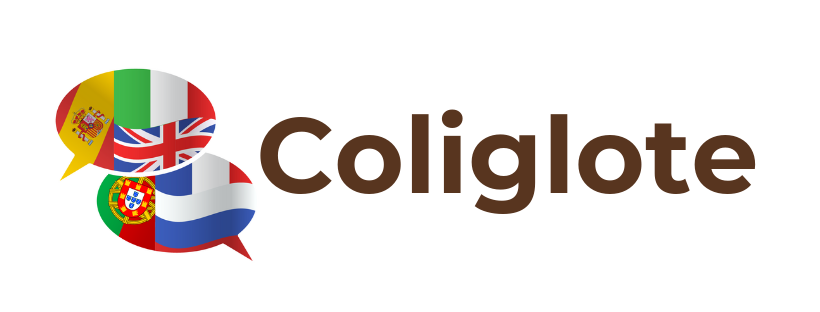It is not absolutely necessary to work hard for hours at a time in order to improve your language skills. On the contrary, it ends up becoming exhausting and so constraining that demotivation awaits you at the turn…
Here are a few tips from everyday life that will help you progress… without even thinking about it!

Improve your spoken language skills
1- Watch videos
This is the first trick to practice your ear to the new sounds of a foreign language. Having the image in a video is a real support for understanding. I noticed that the difficulty varies depending on the type of video chosen.
I give them to you in order of increasing difficulty according to my own experience:
- Publicity: they’re short, the message is clear and the language used is not complicated.
- Documentaries: the voice over generally speaks very distinctly and quite slowly, which makes it easier to understand.
- Television quizz shows: here we mainly hear language and phrases used in everyday life that are easy to learn.
- Movies or series: first use subtitles in your mother tongue, then move over to in the language of learning. Finally without any subtitles when you are more comfortable!
- News: the language used is rich and precise. The news reader speaks fast enough to provide as much information as possible in a short period of time. It’s difficult, but it’s an excellent training.
2- Listening
Now, no more images! You have to concentrate well to break down the sentences and understand their meaning. I advise you to put yourself in very good listening conditions: isolated in a quiet place, without noise, and why not with a headset.
Here are some ideas:
- Radio
- Podcasts
- Songs (you can use lyrics that can easily be found on Youtube)
3- Reading out loud
Even if you don’t understand everything, it’s a really great exercise because it requires you to read the words you encounter very carefully so that you can say them aloud in a clear way. For those with auditory memory, it also helps to better memorize new words.
4- Singing
It’s not easy to sing in a foreign language! But you probably have a favorite song? Study it thoroughly and start… first in your shower maybe!

Improve your written language skills
Oral communication is excellent for refining your sensitivity to the sounds of the language, accent and natural intonations, but writing provides additional help in appropriating grammatical structures and spelling. The two are therefore complementary.
Here are some ideas:
1- Immerse yourself in the language on a daily basis
All our electronic devices and social networks are automatically configured in our native language. Why not set them up in the language you learn? It is an excellent way to progress and acquire everyday vocabulary without making any effort!
On the Coliglote application, you will also be able to choose the language of the user interface. Choose your language of learning: you will kill two birds with one stone!
Here are some ideas of supports that can be configured:
- The telephone
- The computer
- The television
- GPS (be careful, in the beginning you may get lost!)
- Facebook, Twitter, Instagram...
2- Reading in a foreign language
Come on! Come on! 15 minutes a day and you’ll definitely book progress! If necessary use the dictionary, but not at every word or you will get discouraged. The main thing is to grasp the overall meaning and you will see that by deduction you will then understand more and more words.
Reading ideas:
- Blogs (like this one, excellent!!!)
- News flashes
- Simplified books to learn the language. They are available at different levels (A1, A2, B1, …)
- Child’s literature: Comics are entertaining and accessible. I recommend Asterix, Tintin, Blake and Mortimer, the Blue Coats, Gomer Goof,…
- Novels: the most accessible to start with are detective novels, but then why not try real literature?
- Foreign forums: they will give you an overview of the common language used in the country. Beware, it’s a difficult exercise! You will be confronted with abbreviations, typos, spelling or syntax errors….
3- Writing in a foreign language
Excellent way to put into practice and fix your knowledge of the language! Here are some ideas:
- A written correspondence: it is an exchange of skills, you learn the language thanks to your correspondent who corrects you and vice versa.
- Social networks: register on a language group such as Coliglote Language learning and write as much as possible in your learning language! There are even sometimes corrections of written productions.
- Online board games: can you play Scrabble for example? It is an excellent way to work on your vocabulary in your learning language. Of course, you have no guarantee of winning when playing with a native, it’s difficult…..
- Applications: with Coliglote you will be able to practice writing and be corrected by a native. (Shortly… as soon as the application will be released!)
That’s it! I hope that these few tips will be useful to you, and I wish you an excellent language learning experience!
Written by Ingrid, Coliglote


Harrach azzeddine(حراش عزالدين)
17 August 2019 at 8 h 42 minUne vue générale englobe les meilleurs méthodes en bref. Merci Madam